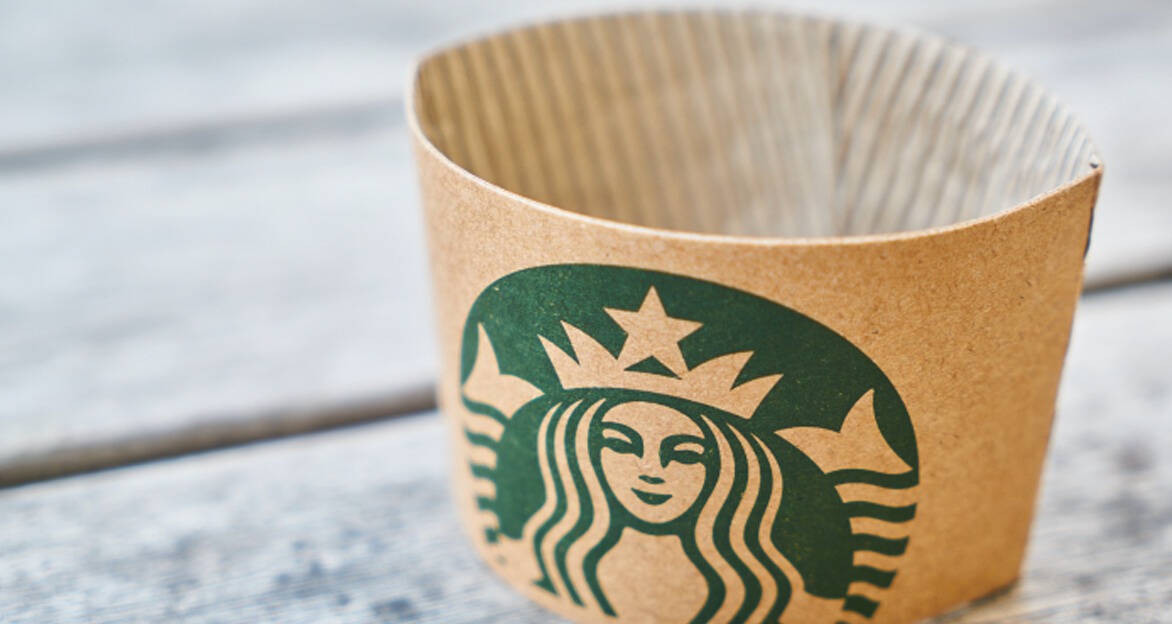When Brands Become a Way of Life
Becoming a
Lifestyle Brand
“Lifestyle brand” is a catchphrase floating around the marketing scene. It started as a fashion industry term but has become a goal for brands across every industry. To truly understand lifestyle brands, we need to explain their influence on consumers and how they appeal to a person’s sense of self-identity.
These brands establish a deeply emotional connection with their customers, but not in the traditional way of using poignant marketing to evoke a response. It’s much more committed than that.

Branding is a marketing concept that helps consumers identify an organization. While a logo and color scheme are pieces of a brand, it’s much more than just looks. It’s about creating recognition and influencing perception. And that means creating a full image based upon a brand personality.
Think about the human characteristics we assign to brands—happy, sophisticated, calm, bold. These are the traits that set the brand apart and make it unique. A brand personality “helps you relate to certain brands that mirror the characteristics you value most. And it also inspires you to connect with certain brands that demonstrate characteristics you hope to develop,” according to Hubspot.
Every brand takes on a personality, but a lifestyle brand takes these human traits and amplifies them tenfold.
Lifestyle brands use complex human personas to establish an emotional connection with consumers. The goal is to connect with people on a deeper level based on their aspirations and sell products that help them become more like their ideal selves.
According to fashion authors Stefania Saviolo and Antonio Marazza:
“A lifestyle brand is a company that markets its products or services to embody the interests, attitudes, and opinions of a group or a culture. Lifestyle brands seek to inspire, guide, and motivate people, with the goal of their products contributing to the definition of the consumer’s way of life.”
Key characteristics of lifestyle brands
When we look at the draw of lifestyle brands on a granular level, we see one of the most basic human needs—belonging. People want to belong to something. Lifestyle brands give them something to belong to.
- Purpose
There’s less focus on selling products and more on their customers’ goals. A lifestyle brand’s purpose relates to its customers’ values and ideal selves. - Engagement
Lifestyle brands publish subtle yet engaging posts on social media that are specifically created for people inside the niche. They couple this content with off-screen experiences. - Community
There’s a sense of connection and understanding between customers. They feel the brand understands and consider other customers part of a niche community.
Customer first,
product second

When developing a lifestyle brand, much of the marketing plan is flipped on its head. Instead of trying to reach a larger audience, they target a particular interest or subculture. Instead of campaigns with a direct call to action, they opt for subtlety. And instead of determining the right audience for a product, a lifestyle brand selects which products to market to their ideal customer.
It sounds counterintuitive, but more emphasis is placed on selling an image rather than an actual product. “Today’s consumers consider the things they buy to be an extension of their identity and values,” said Steve Harvey, co-owner of a London-based creative agency. “Brands tap into ordinary human social impulses, such as the desire for a sense of belonging, to create a lasting association between the lifestyle and the brand.”
The goal is to become part of that customer’s identity by engaging with them emotionally. They take niche audiences, connect with their values and aspirations, and then sell products that match those aims. And that sense of connection is reinforced by offering intangible benefits like experiences, social status, new ideas, and a sense of belonging.
In that equation lies all the human characteristics that brands assign themselves and, more importantly, a consumer’s response to the lifestyle brand. According to Brand Master Academy, “We actually feel connected to them in a way that feels eerily human. Some brands are so embedded in our lives, we show them genuine human affection, loyalty and in some cases love.”
When it’s a lifestyle brand
- Focus on human desires and interests
- Provide a more extensive scope of products based on their ideal customer’s niche
- Are genuinely involved in multiple areas of their customers’ lives
- They offer products and unique experiences centered around a specific community
- Those communities are well-defined
“With lifestyle brands, specific foods, products, and apparel can help us to connect more with our ideal version of ourselves. Because we believe that certain companies are synonymous with certain values or visions, we also believe that associating ourselves with those brands help us to become more like the people we want to be.”
When it’s not a lifestyle brand
Financial blogger Rich Duprey said it best. “Not every brand is a lifestyle brand. Neither can they be nor should they try. Brands achieve this status by exhibiting qualities that influence consumer behavior and choices, becoming essential to the culture that builds up around them.” However, the status as a lifestyle brand isn’t there when that cultural connection is lacking.

- Their products are intended for the masses
- There’s not a clear culture around a brand
- The brand’s audience is much too general
This doesn’t mean the brand has failed at becoming a lifestyle brand. Some products are intended for mainstream groups. Some brands just don’t need complex, human-like personalities assigned to them for people to understand their purpose. They don’t need lifestyle brand strategies to sell their products. Instead, they can take on a more straightforward approach.
It’s important to remember there’s a place for both regular and lifestyle brands. Both are useful marketing strategies. If you have the makings of a lifestyle brand—embrace it. But if you don’t, there’s no sense in forcing yourself into an unsuitable marketing space. Instead, focus on what you do best, and your brand personality will come through.